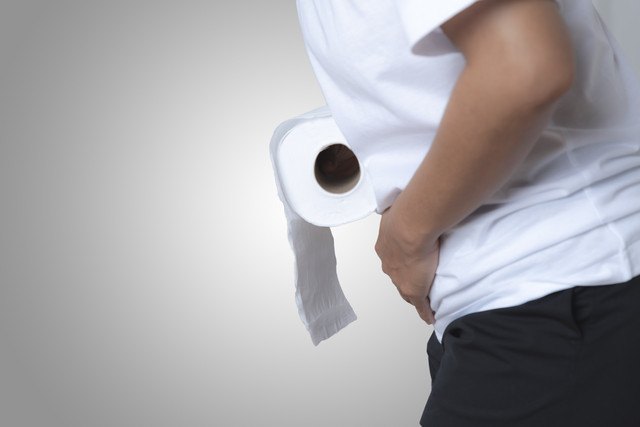Have you ever thought about how often you go to the bathroom? Do you think your poop schedule reflects how healthy you are?
It’s not something we usually talk about, but it turns out that your trips to the toilet might hold secrets about your well-being.
Scientists have been digging into this messy topic, and what they’ve found is pretty interesting.
Your bowel movements—how often they happen and what they’re like—could give you clues about your overall health. Let’s explore what the research says and why it matters to you.
How Often You Poop Matters

A study from the Institute for Systems Biology looked at over 1,400 healthy adults to see how their poop schedules connect to their health.
They divided people into four groups based on how often they had bowel movements: once or twice a week (constipation), three to six times a week (low-normal), one to three times a day (high-normal), and more often than that (diarrhea).
The results showed that people who poop once or twice a day seem to be in the best shape health-wise.
Researchers call this the “Goldilocks zone”—not too little, not too much, but just right.
Why does this matter? Well, when you don’t poop often enough, waste sits in your gut too long. This can let harmful bacteria grow and produce toxins that might hurt your kidneys over time.
On the flip side, going too often—like with diarrhea—can flush out good stuff your body needs, like bile acids, and even stress your liver.
The study found that people in the “just right” zone had healthier gut bacteria, the kind that love fiber and help keep you feeling good.
What Affects Your Poop Schedule?

So, what decides how often you poop? It’s not just random. Your diet plays a big role.
People who eat lots of fruits, vegetables, and whole grains—foods packed with fiber—tend to hit that sweet spot of one or two bowel movements a day.
Drinking enough water helps too, keeping things moving smoothly. Exercise is another piece of the puzzle; staying active can keep your digestive system on track.
The study also noticed some patterns: younger people, women, and those with a lower body mass index (BMI) often poop less frequently. Hormones and how much food you eat might explain some of these differences.
But it’s not all about lifestyle. Your gut bacteria—the tiny microbes living in your intestines—also play a part.
The research showed that people who poop once or twice a day have more of the good bacteria that break down fiber.
Meanwhile, those with constipation or diarrhea had different bacteria, some of which might not be so friendly to your health.
Why Should You Care?

You might be wondering, “Okay, but how does this affect me?” The answer lies in the long game.
The study suggests that your poop schedule could hint at your risk for chronic diseases down the road.
For example, those toxins from constipation might slowly damage your kidneys, while diarrhea could signal liver trouble.
It’s not a sure thing yet—scientists need more time to figure out exactly how it all connects—but it’s a sign that paying attention to your bathroom habits could be a simple way to stay on top of your health.
The good news? You can take steps to get into that “Goldilocks zone.” Eating more fiber-rich foods, drinking water throughout the day, and moving your body regularly can help.
It’s not about being perfect—it’s about finding a balance that works for you.
Next time you’re in the bathroom, take a quick moment to think: is this a sign my body’s doing okay? It might just be worth it.
You might also want to read: What Is Gut Health and How Can You Improve It?



